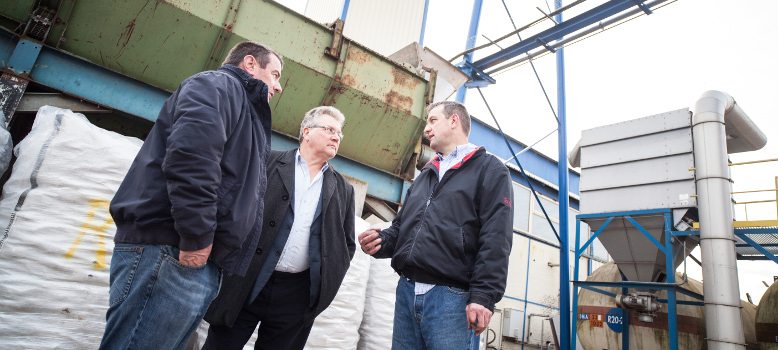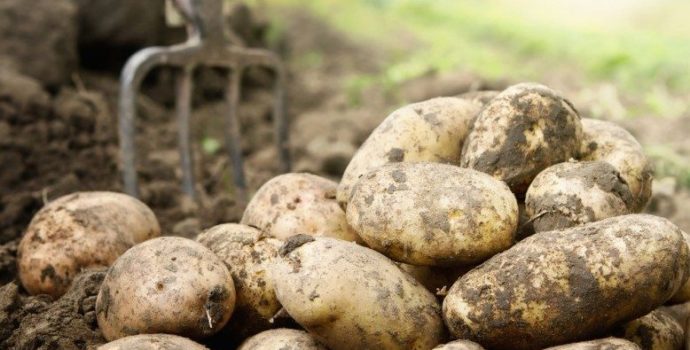A New Start for a Sustainable Irish Biomass Sector

IFA and CPL Fuels have announced the establishment of a joint initiative to further develop the country’s biomass sector, generating significant employment both directly and indirectly, while simultaneously moving to use a more sustainable and environmentally friendly solid fuel for the Irish home heating market.
Working together on a three-year plan, the IFA and CPL Fuels steering group will move to secure the supply of 30,000t to 50,000t of locally-produced biomass for CPL’s planned plant in Foynes, Co Limerick building to as much as 100,000t – 120,000t pa when fully operational.
Niall McGuinness, Chief Executive CPL (Ireland) said, “The fuels produced at the plant will be smokeless, low in CO2 and will be widely available before the announced ban on smoky coal in Ireland is implemented. For every tonne of eCoal50 burned, a tonne of carbon is saved. If low carbon fuels such as these were to replace coal burning in Ireland, this would achieve a saving of at least 200,000 tonnes of carbon – not an insignificant amount in terms of our current 2020 emission reductions targets”.
Chairman of IFA’s Alternative Land Use Project Team James Murphy said “A significant opportunity exists for farmers to supply biomass into the home heat market through the manufacture of briquettes/nuggets containing crop residues. To date, policy makers have failed to put the necessary incentives in place to drive the creation of a sustainable supply chain. This joint initiative between IFA and CPL is an important first step in developing products and creating the necessary infrastructure to develop the home heat biofuel market. However, it must make financial sense for both farmers and manufacturers. The innovative approach being adopted by CPL will give farmers the confidence to explore jointly market opportunities that will deliver on incomes and on environmental challenges facing the country”.
The Foynes plant will manufacture solid fuel with a 50% biomass content, employing 142 people directly while creating significant value added and employment in the agricultural sector and wider rural economy. The creation of an end market for indigenous biomass of such scale will mean real opportunities for local communities and the rural economy. Depending on the dedicated crop / residue mix, 15,000 to 20,000 hectares will be required annually for the production of the 100kt of biomass.
Farmers across the country for the very first time will have a tangible market for their biomass produce. IFA on behalf of its members will work with CPL to develop the right crop mix, thus meeting the requirements of CPL’s production plant. Both organisations are currently researching and testing suitable biomass crops and crop residues.
According to the EPA, Ireland’s 2020 emissions targets are unlikely to be met, costing the State an estimated €450m to €600m per annum (€100-€150m in fines and carbon credits per 1% missed). The creation of a smokeless Ireland will significantly reduce the risk of such fines where the eradication of CO2 from low carbon manufactured fuels could contribute to the overall 16% reduction target for renewables. Moreover, the use of low carbon smokeless solid fuels will enhance air quality in Ireland, as evidenced where smoky coal burning is already banned.
The low carbon solid fuels produced at Foynes will be the most advanced in Europe and it is expected that over a 3-5 year period, exports will be considerable (up to c20% of production), creating even further opportunity for the Irish biomass sector.
Having established the IFA/CPL Working Group on Biomass, both organisations are fully committed to the creation of a vibrant and sustainable Irish biomass sector.
Pictured above: IFA and CPL Fuels have announced the establishment of a joint initiative to further develop the country’s biomass sector. Pictured (l-r) are Patrick Kinsella, Tim Minett, CEO CPL Industries and Mark Browne at a plant in France which is undertaking a trial of Irish biomass for torrefaction to assess its suitability for use in home heating.




